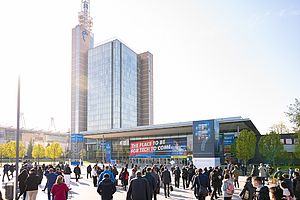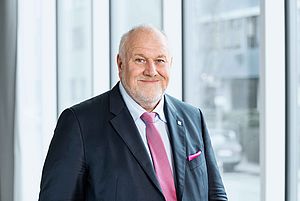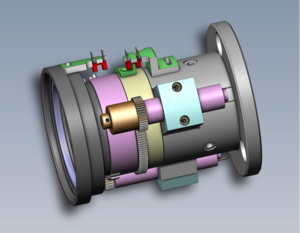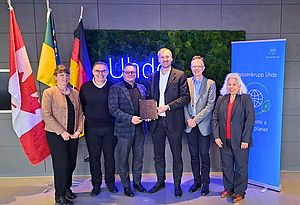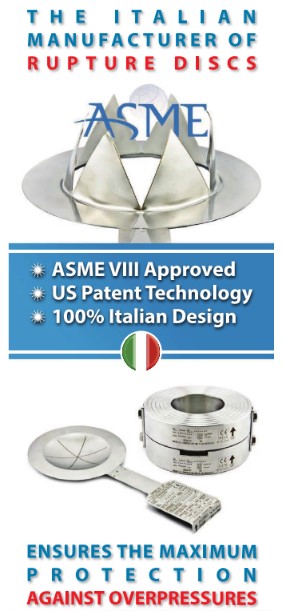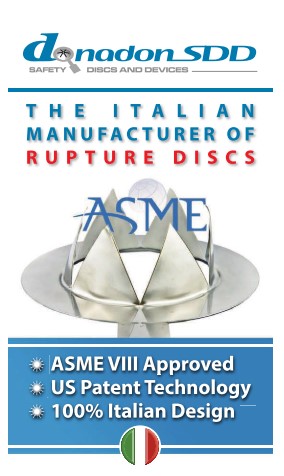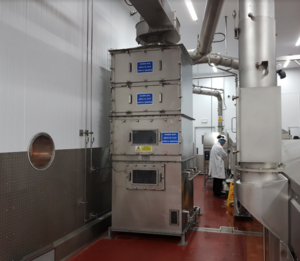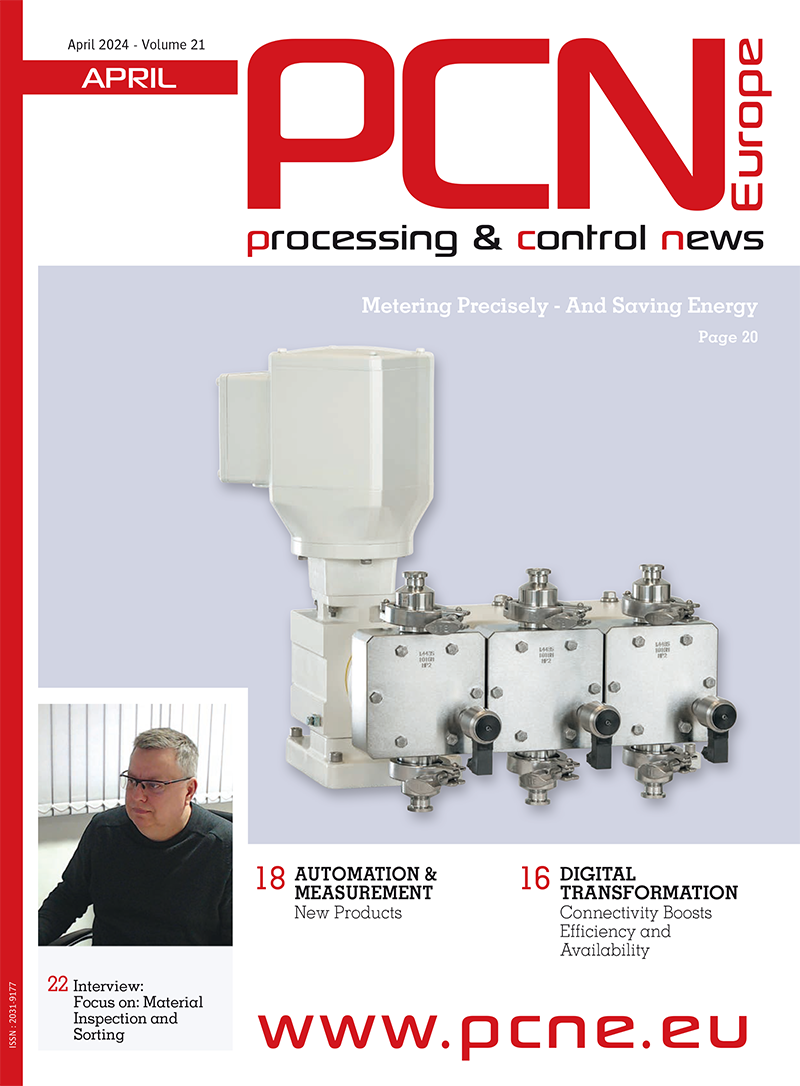The winner of this year's Carl Zeiss Research Award, one of the most renowned honors in optics, goes to Professor Anne L’Huillier from Lund University in Sweden.
L’Huillier is being honored for her pioneering work in the field of high harmonic generation which has laid the foundation for the generation of atto-
second impulses and enabled key advances in attosecond physics.
"Professor L’Huillier not only described the theory of attosecond technology, but also verified it experimentally”, stated the jury in announcing its decision. Her works enables further development and application of this technology.
Attosecond impulses can be used, for example, to observe the movement of electrons in atoms or molecules in real-time. This plays a key role in understanding general physical phenomena or chemical reactions at the atomic level. The promise of attosecond technology is to record ultrashort time-lapse movies from the inside of atoms and molecules.
1 attosecond (as) = 0.000,000,000,000,000,001 seconds = 10-18 seconds is a very short time: even light that travels at the unimaginable speed of 300,000 kilometers per second moves less than one millionth of a millimeter in one atto-
second – not even from one end of a molecule to the other.
The Carl Zeiss Research Award will be presented to Professor L’Huillier on Wednesday, 19 June 2013.
Carl Zeiss Research Award
Anne L’Huillier is one of a long list of renowned award-winners. Past recipients of the prize include subsequent Nobel laureates Eric A. Cornell and Ahmed Zewail.
With a value of €25,000, the Carl Zeiss Research Award is presented every two years to honor experimental and theoretical work in the field of optics. It is presented by the Ernst Abbe Fund. This was founded by the Carl Zeiss Foundation and is managed by the Stifterverband für die Deutsche Wissenschaft (a joint initiative of German industries to promote science and higher education).




